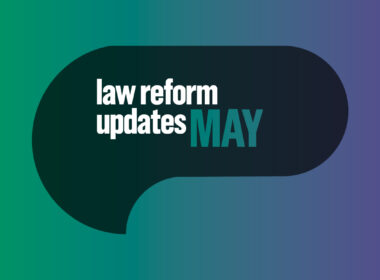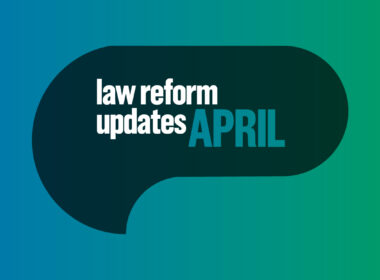Key developments
- A new model for regulating aged care – Consultation Paper No. 2
- Youth justice and child wellbeing reforms across Australia
- Family Law Amendment Bill 2023
- Planning certificate fees
- Migration Amendment (Clarifying International Obligations for Removal) Act 2021 (Cth)
- An appropriate cost model for Commonwealth anti-discrimination laws
A new model for regulating aged care – Consultation Paper No. 2
The Elder Law, Capacity and Succession Committee contributed to the Law Council’s submission regarding the Department of Health and Aged Care’s Consultation Paper No. 2, which provides details on the proposed new model for regulating aged care.
The new model seeks to apply four foundational principles that underpin the regulatory framework, namely a rights-based, person-centred, risk proportionate and improvement-focused approach. While we supported each of these principles, we noted that in our view the new model would be strengthened by providing further details to assist providers to comply with their obligations under that model.
We expressed our support for the empowerment of older Australians to make decisions about their own care. However, we acknowledged that even with appropriate support, some aged care recipients will nevertheless lack capacity to make certain types of decisions. The new model would be strengthened by providing practical guidance about how a person-centred approach should be implemented in those circumstances.
In considering a national model for regulating aged care, we noted that various states and territories differ significantly in their legal conceptions of, for example, substituted decision making and supported decision making. Accordingly, it will be necessary for the new model to address the tension in these divergent regimes and provide a clear mechanism for making decisions where capacity is challenged, without unduly exposing providers, workers or other aged care recipients to the risk of liability. More broadly, we support the harmonisation of Australia’s power of attorney and guardianship laws as a matter of priority.
While we supported a consumer-centred approach to regulation under the new model, due consideration must also be given to the business and financial viability of aged care providers. We also commented on audit, monthly care statements, becoming a provider, and holding providers accountable including penalties and enhanced Regulator powers.




